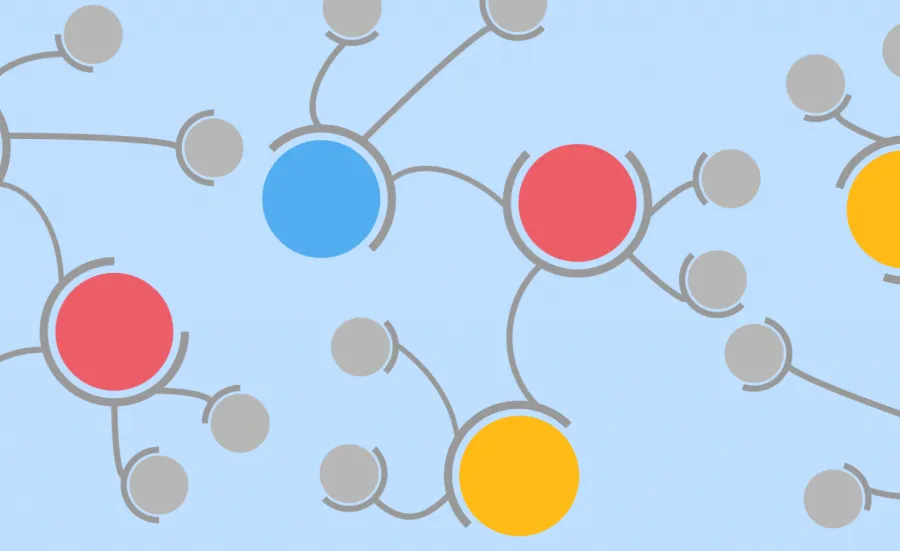BRAIN UK

BRAIN UK is a virtual brain bank, making archived tissue samples available for research across the UK.

BRAIN UK is a virtual brain bank, making archived tissue samples available for research across the UK.

A brain bank stores brain and sometimes other neurological tissues for the purposes of ethically approved research. BRAIN UK catalogues tissue samples in a centralised database. Our samples are the tissues left over from diagnosis, either post-mortem or from living patients (i.e. biopsies). To date, we have access to over 550,000 cases, unlocking thousands of previously hard to access brain samples. We have ethical approval to grant projects access and use of central nervous system tissue.
BRAIN UK is a collaboration between NHS neuropathology centres across the UK. Brain Tumour Research and the British Neuropathological Society are currently supporting BRAIN UK. The British Neuro-oncology Society, Brain Tumour Network, Medical Research Council and National Cancer Research Institute Brain Tumour Clinical Studies Group have provided input into and support for the project.